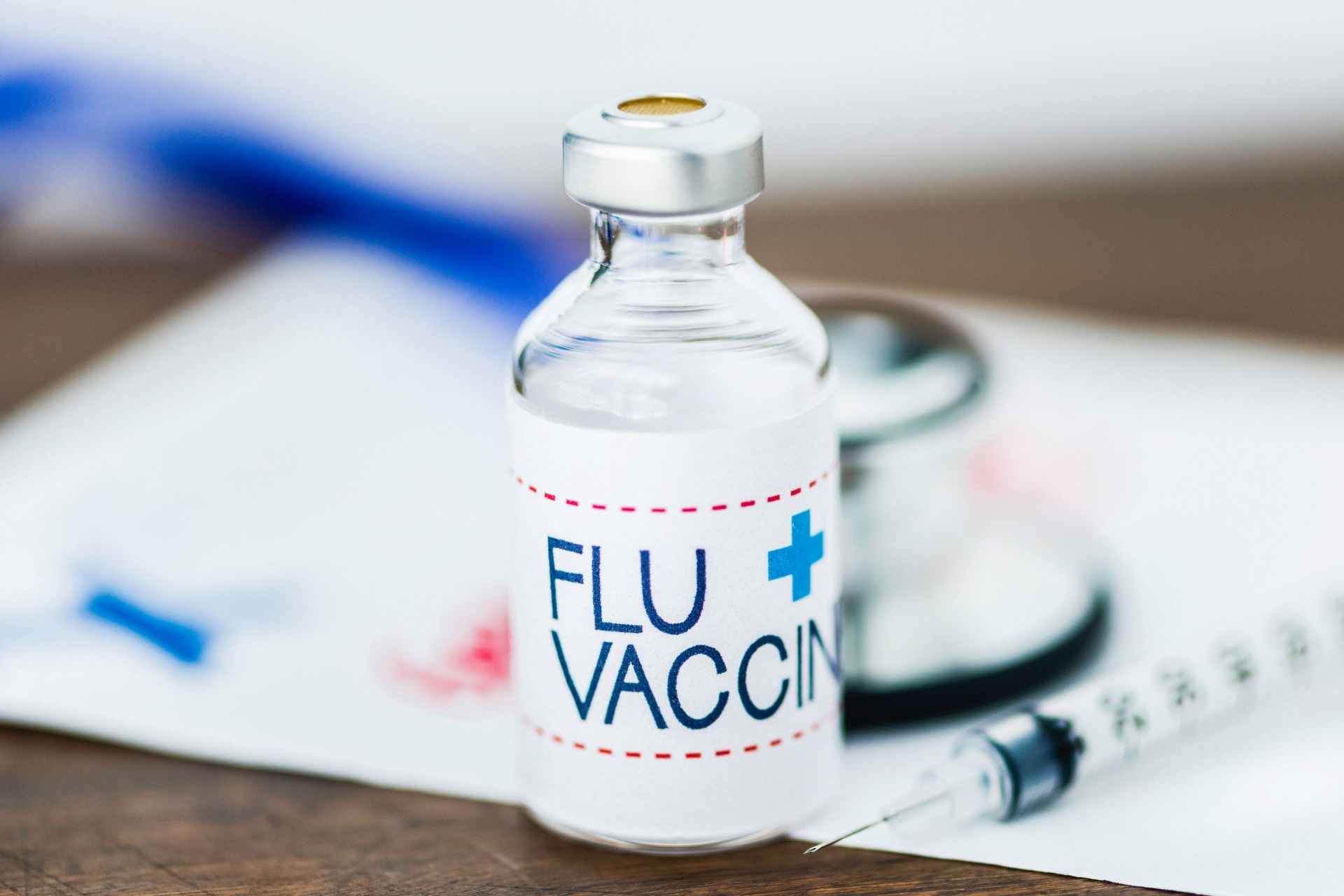Hurricane, W.Va. – This week is National Influenza Vaccination Week, a critical opportunity to remind everyone that there is still time to help protect themselves and their loved ones from influenza this season by getting their annual flu shot. The flu shot can help you stay healthy, reduce your risk of getting very sick or having severe outcomes from the flu, such as hospitalization and death, and avoid missing work, school, or special moments with family and friends.
Currently, West Virginia is experiencing higher than normal flu activity for this time of year. In early November, the CDC released an official health advisory related to early, high rates of respiratory disease caused by several viruses, including influenza, RSV, and the virus that causes COVID-19, especially in children. This earlier than normal surge in respiratory illness highlights the importance of virus prevention and treatment measures, including prompt vaccination.
The most common symptoms of the flu are fever, cough, sore throat, a runny or stuffy nose, muscle aches, and fatigue. The flu can cause serious health complications like pneumonia and bacterial infections, and can lead to hospitalizations.
Adults 65 years of age and older, children younger than 5 years old – especially those younger than 2 – and anyone with certain chronic health conditions, like asthma and diabetes, are at higher risk of developing serious flu complications and are more likely to be hospitalized if they get the flu. Because these individuals are at higher risk, it is especially important that they get an annual flu shot as soon as possible to help prevent the flu, and to reduce their risk of being hospitalized or dying from flu if they get sick.
While it is ideal to get a flu vaccine before influenza starts spreading in your community, getting vaccinated later is still beneficial anytime during flu season, which typically lasts from October to May. Getting vaccinated now can still provide protection against influenza because flu activity is high. Flu activity most commonly peaks in February, and often continues into May.
Anyone who has not yet received their annual flu vaccine should get vaccinated now. There are a variety of places you can go to get the flu shot, such as your healthcare providers’ offices, a local health department, community vaccination clinics, pharmacies, community health centers, school-based health clinics, and even some workplaces.
Most insurance plans cover annual flu shots. The federal Vaccines for Children (VFC) program also provides vaccines for children 18 years of age and younger who are uninsured, underinsured, Medicaid-eligible, American Indian, or Alaska Native. For help finding a local healthcare provider who participates in the VFC program, ask your child’s healthcare provider or contact a local health department.
For adults who do not have insurance or whose health insurance does not cover flu vaccination, free flu shots are available at many community health centers and local health departments.
To find a flu shot location nearby, visit www.vaccines.gov/find-vaccines/. For more information about influenza and the flu shot, talk to your health care provider or visit: www.cdc.gov/flu.

















